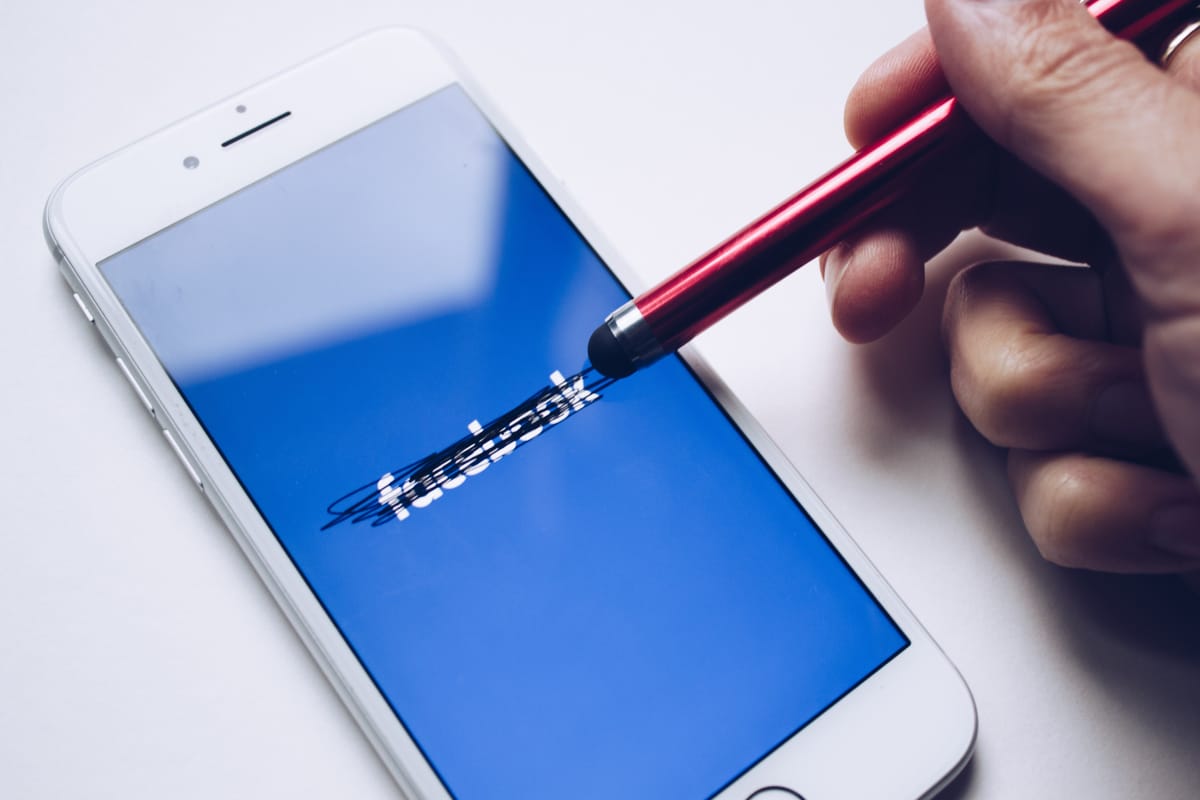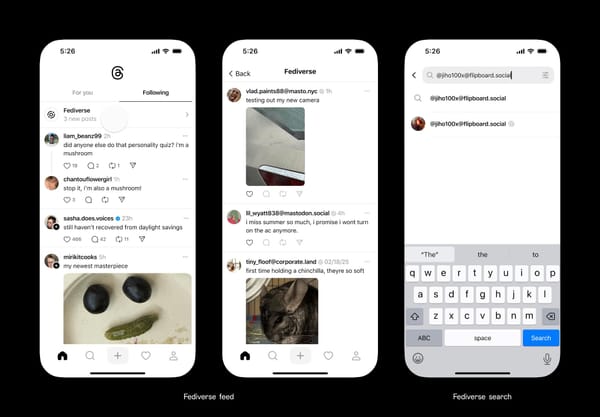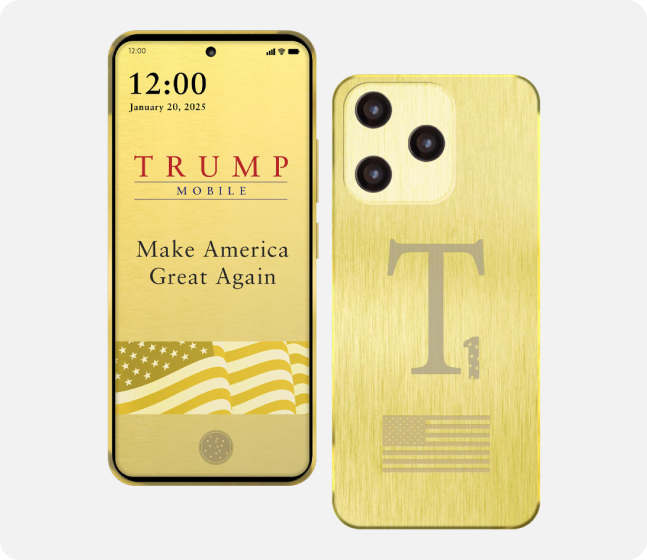Why Facebook is rebranding
Fresh details from the search for a new name. PLUS: Five former employees weigh in

Programming note: Platformer will be off on Thursday to work on some … stuff. See you Monday!
Facebook is changing its name. Perhaps you heard. The news was broken by Alex Heath of The Verge on Tuesday night, and I’ve since confirmed it with sources of my own. The news could come as late as Oculus Connect, next Thursday; or as early as Facebook’s earnings call, coming this Monday. The most remarkable detail I’ve heard, from two sources now, is that CEO Mark Zuckerberg has not settled on a final name. Facebook is fully back in its old move fast mode here, and I expect whatever happens next to come together very quickly.
Why rebrand? Why now? The company has been seriously discussing the move for at least the past two months, sources said. Antonio Lucio, the company’s former chief marketing officer, pushed for Facebook to begin separating the corporate brand from its apps three years ago — changing the corporate name to something like “FB Inc.,” or an all-caps “FACEBOOK Corporation.” But the company’s metaverse ambitions were less formed then, I’m told, and he was overruled.
There are two basic reasons why the company’s stance changed. One is that the Facebook’s reputation began taking sustained damage in the wake of the 2016 election and, fairly or not, never really recovered. The Cambridge Analytica data privacy scandal; the FTC investigation; the Congressional antitrust inquiry; a parade of former employees denouncing the company on their way out the door, culminating in Frances Haugen’s whistleblowing; activism around hate speech and misinformation on the platform from the left; activism around censorship and deplatforming on the right.
It added up.
Facebook’s business has continued to thrive, but the company finds itself with fewer political allies today than it has ever had. Even more worrying, from Facebook’s perspective, is that increasingly there are signs that a younger generation finds its products less necessary than their parents did. At the very least, kids today don’t seem to find it cool.
Next week will serve up an absolute hurricane of Facebook news, the bulk of which will further dilute the brand equity. According to Facebook, dozens of journalists are planning to publish the results of their own investigations into the company. Haugen will testify again. Amidst all this, announcing that Facebook is now part of “Horizon Inc.,” or some similarly blank canvas of a noun, might seem like a feeble response. But at the very least it signals that a page is turning.
The second reason the leadership changed its mind about the name is that Facebook the app is not the future of Facebook the company. It arguably hasn’t been ever since Zuckerberg bought Instagram, and then watched millennials flee the News Feed in favor of a younger, hipper brand. More recently, the quiet momentum of Oculus and the company’s hardware division has signaled that Facebook the product and Facebook Inc. are increasingly distinct entities. Even if (say) Hillary Clinton had won in 2016, and Cambridge Analytica never happened, and its former employees spoke about the company positively, and Congress wasn’t trying to break it up, Facebook would arguably still have good reason to fold its products under some new umbrella corporation. (If not the Umbrella Corporation.)
The latter reason is surely the one we will hear whenever the company is ready to talk about it. The former, though, is all anyone wants to talk about today. From the moment the news dropped, Twitter’s dunk machine kicked into full gear, with (I’m estimating) 14 million people simultaneously offering up the same dozen or so jokes and takes on what the new name should be. What about Tronc? What about Qwikster? What about Weyland-Yutani? What about bringing back the “the”? What about changing it to just “The”?
The history of ignominious corporate rebrands was rehearsed, 280 characters at a time. There was talk of Altria. There was talk of Xe. There was talk of BP. There was talk of Alphabet, though it was generally acknowledged that Alphabet was more about bringing some sort of organizational sense to Google and making itself more palatable to shareholders than whatever Facebook might be up to.
Heath reported that the new name is likely to highlight the company’s metaverse ambitions:
A possible name could have something to do with Horizon, the name of the still-unreleased VR version of Facebook-meets-Roblox that the company has been developing for the past few years. The name of that app was recently tweaked to Horizon Worlds shortly after Facebook demoed a version for workplace collaboration called Horizon Workrooms.
By morning, Vlad Savov was noting in Bloomberg that Facebook appears to control meta.com: “The web address meta.com currently redirects to meta.org, the home of a biomedical research discovery tool developed under the stewardship of the Chan Zuckerberg Initiative, which is co-founded by the Facebook CEO.” One of my Twitter followers, Neil Shankar, noted that someone has spent the past six or eight months scooping up lots of “meta” URLs, including strange ones: meta.accountant, that sort of thing.
But one source told me that the company is now leaning away from Meta as the name, and another told me the new name might not relate to the metaverse at all. Both sources suggested that Zuckerberg is keen for the new name to surprise — to be something unexpected. (Katie Notoupolous has some suggestions at BuzzFeed that you can vote on; they are, and I say this with love, all terrible.)





